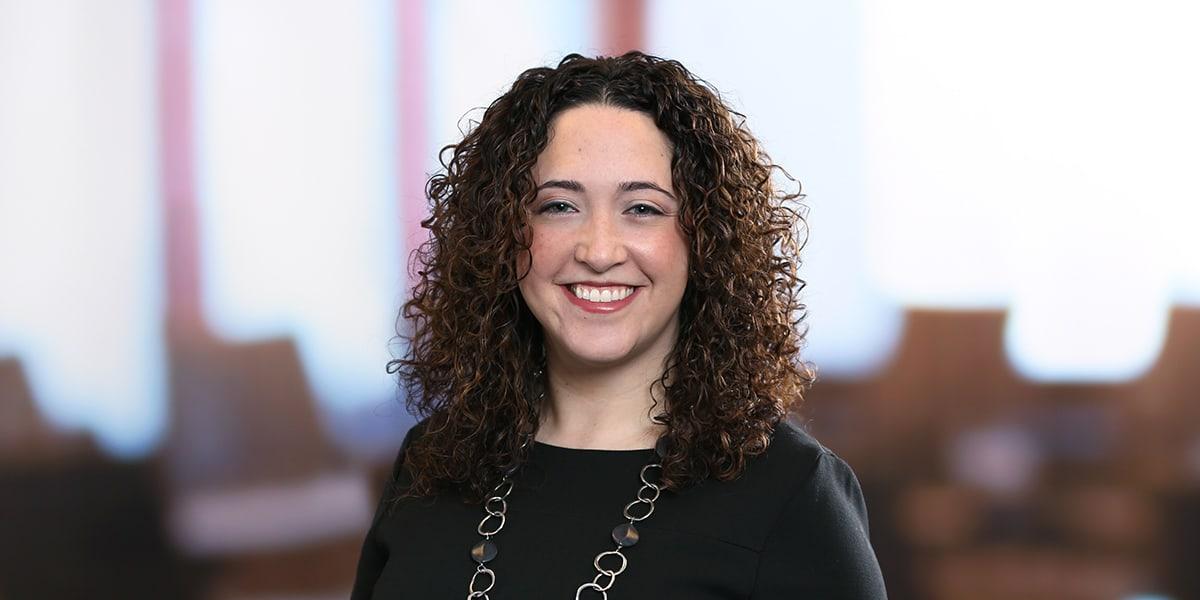
Elissa is an accomplished attorney experienced in drafting and prosecuting patent applications. She advises clients on the full range of patent portfolio management, from patentability searches and opinions to freedom to operate assessments. She has considerable experience in the life sciences, medical technology, and consumer products industries, working on portfolios involving advanced materials, chemistry, and mechanical innovations.
Prior to joining the firm, Elissa was an associate in the Atlanta office of another international law firm, where she focused on patent prosecution, including post-grant proceedings. Earlier, Elissa served as primary IP counsel for a high tech company in the lighting sector, where she worked with researchers to identify patentable technologies and drafted and prosecuted US patent applications. Before that, she worked as a patent attorney consultant for a medical device company.
Her earlier work as a summer associate for a Boston-area firm involved analyzing state and federal cases to assist in civil litigation. She also gained a wealth of practical experience through her work at Procter & Gamble, Millennium Pharmaceuticals, Inc., and General Electric Water and Process Technologies.
viewpoints
Determining Entity Status Before the United States and Patent Trademark Office: Large, Small, or Micro?
May 3, 2022 | Blog | By Christina Sperry, Elissa Kingsland
At the time of filing any patent application with the United States and Patent Trademark Office (USPTO), patent applicants must designate their entity status. Selecting the correct entity status can significantly reduce costs, so it is important to determine the correct entity status and update the status as needed throughout a patent’s and patent application’s life. There are three types of entity statuses: large, small, or micro, with small and micro entities being entitled to reduced USPTO fees



